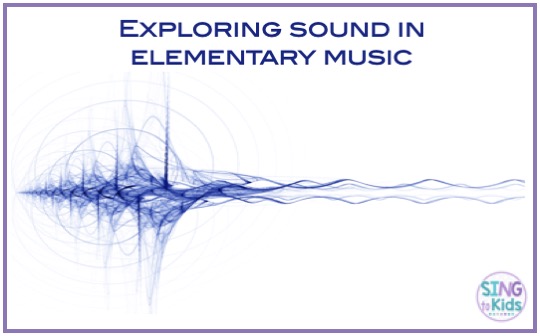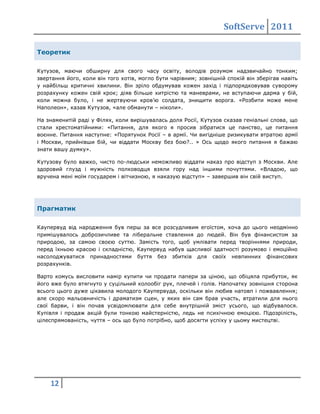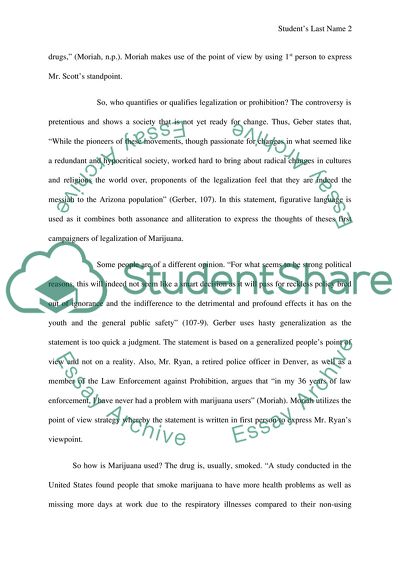Exploring The Sound Perimeter: Music And Human Connection

Table of Contents
Music as a Catalyst for Social Bonding
Music brings people together in shared experiences, creating a powerful sense of community and belonging. Shared musical experiences are fundamental to human interaction, forging connections that transcend age, background, and geographical location. This social cohesion through music is evident in various contexts:
-
Live concerts and festivals: The collective energy of a live music event fosters a powerful sense of shared identity and belonging. The unified experience of listening to a favorite band or artist creates a unique sense of community among attendees. Think of the vibrant atmosphere of a rock festival or the spiritual unity of a gospel choir concert – these are prime examples of collective listening experiences.
-
Shared musical tastes: Discovering shared musical preferences forms the basis of many friendships and relationships. The discussion and sharing of music recommendations, attending concerts together, and simply enjoying the same genres create strong social bonds. This shared appreciation contributes significantly to the development of strong, lasting social connections.
-
Collaborative music-making: Participating in bands, choirs, or orchestras strengthens group cohesion through shared goals, mutual support, and collaborative effort. The process of creating music together fosters teamwork, trust, and a profound sense of collective achievement. This shared creative process strengthens the bonds between musicians.
-
Music in rituals and ceremonies: Throughout history, music has played a vital role in rituals and ceremonies, fostering a sense of shared identity and strengthening community bonds. From religious hymns to celebratory anthems, music reinforces cultural values and traditions, creating a powerful sense of unity and collective identity.
-
Genre-specific communities: Certain musical genres, such as gospel music or traditional folk music, are inherently linked to strong community structures. These genres often involve participatory singing and communal celebrations, strengthening the sense of collective identity and shared belonging.
Emotional Expression and Empathy Through Music
Music acts as a powerful conduit for emotional expression and understanding. Its ability to evoke a wide range of emotions – joy, sadness, anger, fear – allows individuals to process and understand their feelings more effectively. The emotional resonance of music is deeply personal yet universally relatable:
-
Evoking powerful emotions: Music's ability to tap into our deepest emotions is undeniable. A melancholic melody can evoke feelings of profound sadness, while an upbeat tune can instantly lift our spirits. This power to trigger and articulate emotional responses is central to music's impact on human connection.
-
Emotional processing: Listening to or creating music can be a powerful tool for emotional processing. Music allows individuals to explore and articulate complex feelings in a safe and non-judgmental way, leading to greater self-awareness and emotional regulation.
-
Musical empathy: Music facilitates empathy by allowing listeners to connect with the emotions expressed in the music. This shared emotional experience can foster a sense of understanding and connection with others, even across cultural or linguistic barriers. This process of sharing emotions through music is crucial for strengthening emotional bonds.
-
Therapeutic music: Music therapy leverages the power of music to address emotional distress and improve mental well-being. Music can be used to soothe anxiety, reduce stress, and promote emotional healing in various therapeutic settings.
-
Emotionally impactful pieces: Countless musical compositions across genres are renowned for their ability to evoke intense and specific emotional responses in listeners. From Beethoven's symphonies to Billie Holiday's ballads, music's capacity for conveying emotions is undeniably powerful.
Music as a Vehicle for Cross-Cultural Understanding
Music's power to transcend linguistic and cultural barriers makes it a powerful tool for promoting intercultural dialogue and understanding. The shared appreciation of musical elements – rhythm, melody, harmony – provides a common ground for connection, regardless of background:
-
Transcending linguistic barriers: Music communicates emotions and ideas independently of language, creating a shared experience that fosters understanding between individuals from diverse linguistic backgrounds. The universal language of music facilitates connection beyond words.
-
Shared musical elements: Many musical elements, such as rhythmic patterns or melodic structures, resonate across cultures, suggesting a universal human appreciation for certain musical forms. This shared appreciation creates a basis for cultural exchange and connection.
-
Intercultural collaborations: Musical collaborations and fusions between different cultures highlight the richness and diversity of musical traditions worldwide. These collaborations foster creativity, mutual respect, and cross-cultural understanding.
-
Promoting peace and understanding: Music has been used throughout history as a tool for promoting peace and understanding between conflicting groups. Music acts as a powerful bridge across divides, encouraging communication and building trust.
-
Global music communities: The digital age has fostered the emergence of vibrant global music communities, connecting musicians and fans across geographical boundaries. This increased connectivity strengthens cross-cultural understanding and appreciation of diverse musical styles.
The Neuroscience of Music and Connection
Recent research in neuroscience has begun to unravel the intricate biological mechanisms underlying the link between music and human connection. Studies have identified specific brain regions and neurological processes involved:
-
Mirror neurons and musical empathy: Mirror neurons, which fire both when we perform an action and when we observe someone else performing it, play a crucial role in musical empathy. These neurons allow us to resonate with the emotions expressed through music.
-
Brain regions and social bonding: Brain imaging studies have identified specific brain regions, such as those involved in reward processing and social cognition, that are activated during musical experiences and linked to social bonding.
-
Physiological effects on social interaction: Studies have investigated the physiological effects of music on social interaction, finding correlations between music listening and the release of hormones associated with social bonding, such as oxytocin.
-
Influence of oxytocin and other hormones: The release of oxytocin and other hormones during musical experiences may contribute to the feelings of connection and well-being associated with shared musical experiences.
-
Future research directions: Further research is needed to fully elucidate the complex neurological mechanisms involved in the relationship between music and human connection. Ongoing studies promise to further illuminate the intricate interplay between music, the brain, and social behavior.
Conclusion
This exploration of the "sound perimeter"—the space where music and human connection converge—reveals a powerful and multifaceted relationship. Music isn't simply entertainment; it's a fundamental aspect of the human experience, fostering social bonds, facilitating emotional expression, and bridging cultural divides. By understanding the profound ways in which music connects us, we can harness its power to build stronger communities and foster a more empathetic and interconnected world. Explore the power of music and human connection further—discover how music strengthens the bonds within your own life and community. Let the rhythm of connection guide you.

Featured Posts
-
 Chi Varto Putinu Rizikuvati Obman Trampa Ta Yogo Potentsiyni Naslidki
May 22, 2025
Chi Varto Putinu Rizikuvati Obman Trampa Ta Yogo Potentsiyni Naslidki
May 22, 2025 -
 Are Bmw And Porsche Losing Their Grip On The Chinese Luxury Car Market
May 22, 2025
Are Bmw And Porsche Losing Their Grip On The Chinese Luxury Car Market
May 22, 2025 -
 Huizenmarktverwachtingen Abn Amro Hogere Prijzen Dalende Rente
May 22, 2025
Huizenmarktverwachtingen Abn Amro Hogere Prijzen Dalende Rente
May 22, 2025 -
 Analysis Nvidias Huang Condemns Us Chip Export Controls Backs Trump
May 22, 2025
Analysis Nvidias Huang Condemns Us Chip Export Controls Backs Trump
May 22, 2025 -
 Unpacking The Controversy Analysis Of An Australian Trans Influencers Record
May 22, 2025
Unpacking The Controversy Analysis Of An Australian Trans Influencers Record
May 22, 2025
